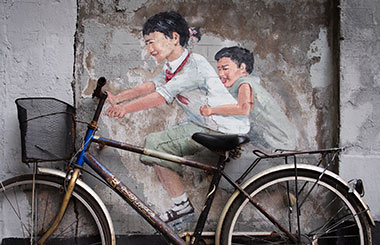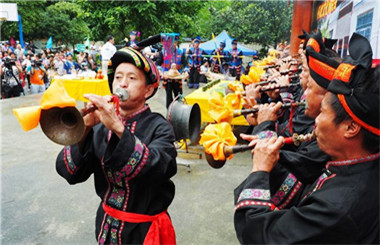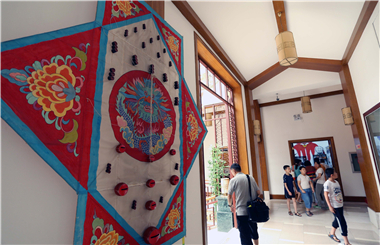Author uses wartime romance to preach a message of peace
By Xing Yi ( China Daily ) Updated: 2016-07-06 07:48:37
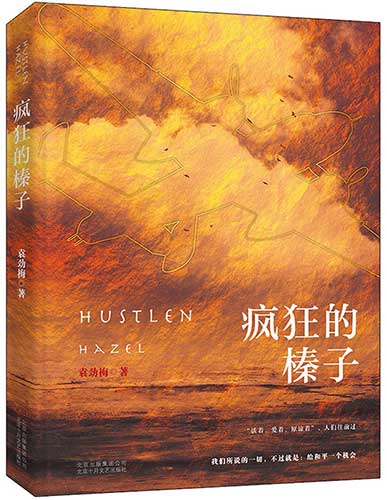 |
|
Yuan Jinmei's latest book, Hustlen Hazel, is a wartime romance beginning in the 1940s. |
Hustlen Hazel is a novel that straddles turbulent times in modern Chinese history - World War II and the "cultural revolution" (1966-76). And countries - China and the United States. Yet it is a simple story, as all it talks about is how we should cherish peace.
Written by Chinese-American writer Yuan Jinmei, it was released by Beijing October Arts and Literature Publishing House on Friday.
The novel is about a wartime romance told through a series of flashbacks.
It starts with the search for a family history through a dust-laden collection of love letters.
The sender is a Kuomintang military pilot, and the receiver is a capitalist's daughter in the 1940s.
"I was about to write a simple love story," Yuan says in the preface. "But a love story can't be simple in China ... So, the romance was set against a war, disasters and turbulence."
The main players in the book are the pilot, Fan Jiahe, who flies a B-24 bomber in the Chinese-American Composite Wing, a joint US and Chinese Air Force during World War II, and his lover Shu Nan.
Due to military restrictions, Fan's letters are not delivered to his lover till the war ends.
Each letter is a story, in which Fan describes his missions, speaks of the cruelty of the war, tells of the brotherhood between the American and Chinese pilots and yearns for love and a peaceful life.
Although it's fiction, Yuan says she did her best to remain faithful to history.
Yuan says she read a lot of material on the war, including about the "Flying Tigers" - or the 1st American Volunteer Group of the Chinese Air Force under the command of Claire Lee Chennault, which was a predecessor of the Chinese-American Composite Wing - and even interviewed some US veterans.
Two of the veterans she interviewed passed away recently.
In the book, Yuan also writes about post-traumatic stress disorder that veterans often endure.
"I want people to reflect on the impact of violence. It (war) is not like kids' fighting. It (the psychological impact) takes a long time to overcome," says Yuan.
|
|
|
|
|
|
|
|



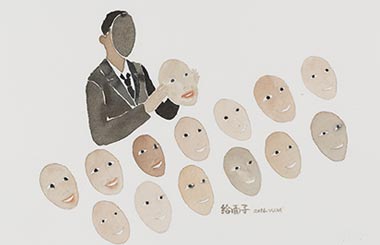

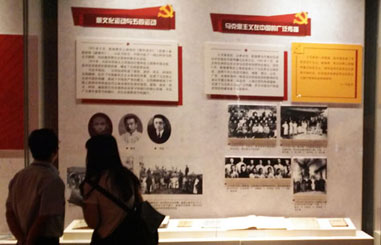
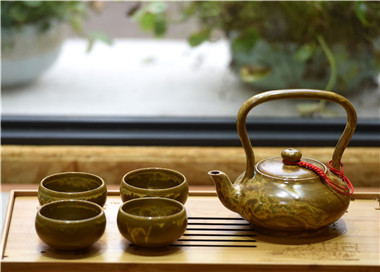


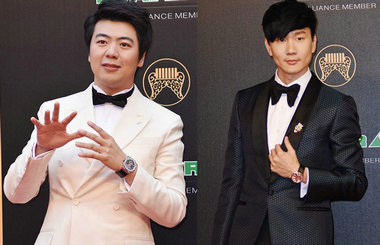
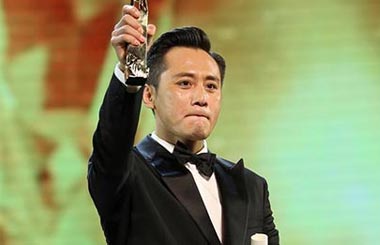





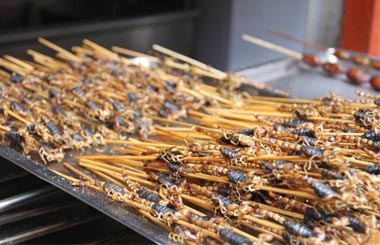



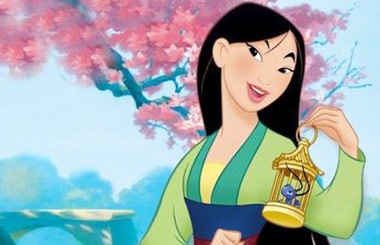

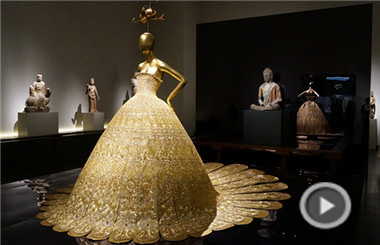

 Raymond Zhou:
Raymond Zhou: Pauline D Loh:
Pauline D Loh: Hot Pot
Hot Pot Eco China
Eco China China Dream
China Dream China Face
China Face
